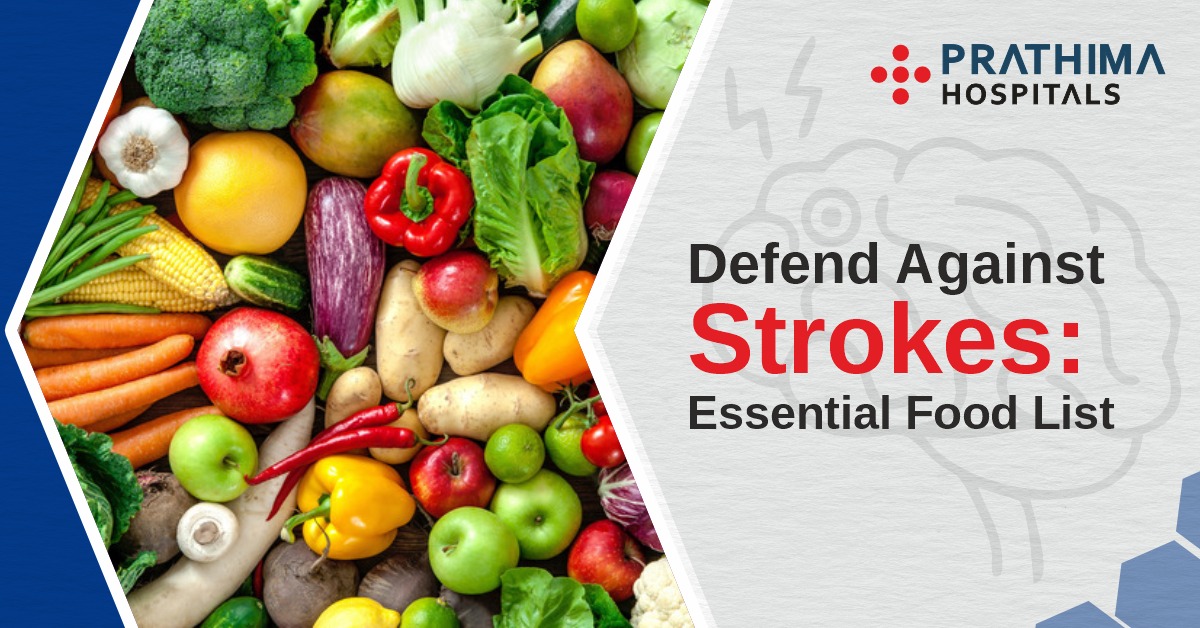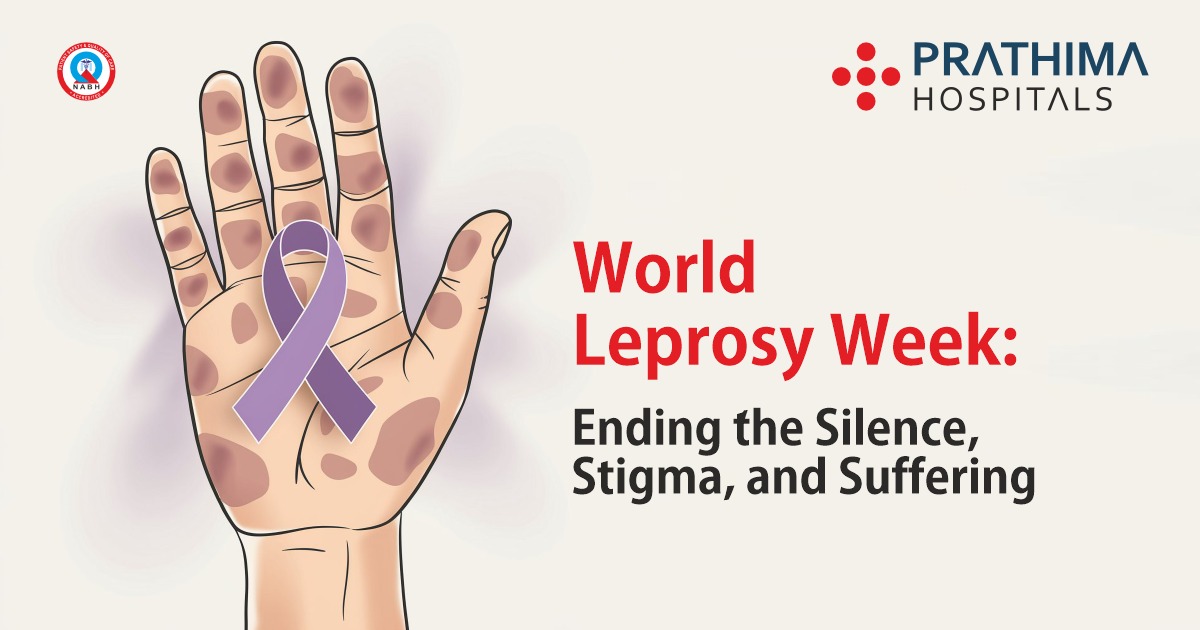5 – Essential Foods for Preventing Strokes: A Comprehensive Approach

Stroke Prevention
Preventing strokes is a critical aspect of maintaining overall health and well-being. Each year, a significant number of lives are tragically lost to strokes, making it imperative for individuals to understand the importance of timely identification and treatment. While certain factors like family history can predispose someone to strokes, there are numerous lifestyle and dietary changes that can be implemented to mitigate this risk effectively.
The Role of Nutrition in Stroke Prevention
As said by Best Cardiologist in Hyderabad, adopting a balanced and nutritious diet stands out as a cornerstone in averting heart-related diseases and reducing the likelihood of strokes.
Leafy Greens: Nutritional Powerhouses
Leafy greens, such as spinach, fenugreek, and kale, are renowned for their abundance of essential vitamins, minerals, and antioxidants. These vegetables are particularly rich in folate, a nutrient known for enhancing nervous system function and promoting heart health, thereby reducing the risk of stroke. Additionally, the presence of Vitamin B in leafy greens further contributes to stroke prevention, while their potassium content helps regulate blood pressure, a key factor in preventing strokes.
Berries: Nature’s Antioxidant-Rich Treats
Berries, including blueberries, strawberries, and raspberries, are hailed for their potent antioxidant properties, attributed to compounds like flavonoids and anthocyanins. These antioxidants combat oxidative stress and inflammation in the body, thereby promoting overall heart and brain health and reducing the risk of stroke. By incorporating these vibrant fruits into one’s diet, individuals can harness their protective benefits against stroke and other cardiovascular diseases.
Whole Grains: Heart-Healthy Staples
Whole grains represent another essential component of a stroke-preventive diet. Varieties such as oats, oatmeal, popcorn, millet, quinoa, rye, and brown rice offer a wealth of fiber, vitamins, and minerals crucial for heart health. The soluble fiber found in whole grains helps control cholesterol levels, preventing the buildup of plaque in the arteries and reducing the risk of stroke. Moreover, by promoting satiety and stabilizing blood sugar levels, whole grains can help prevent obesity and high blood pressure, both of which are significant risk factors for stroke said by Best Cardiologist in Kukatpally.
Nuts and Seeds: Nutritional Powerhouses
Nuts and seeds are nutritional powerhouses that provide a plethora of heart-healthy benefits. Almonds, flax seeds, walnuts, and chia seeds are particularly noteworthy for their rich nutrient profiles, including minerals, vitamins, and omega-3 fatty acids. These essential fatty acids play a crucial role in reducing inflammation, improving blood circulation, and lowering the risk of stroke by preventing the formation of blood clots and maintaining optimal cholesterol levels.
Fatty Fish: Omega-3-Rich Delights
Incorporating fatty fish into one’s diet is another effective strategy for stroke prevention. Fish like salmon, mackerel, and sardines are prized for their high omega-3 fatty acid content, which confers numerous cardiovascular benefits. Omega-3 fatty acids exhibit anti-inflammatory properties that help reduce the risk of blood clots, improve cholesterol levels, and enhance overall heart health. Regular consumption of fatty fish has been associated with a reduced risk of ischemic stroke, the most common type of stroke caused by a blockage in the blood vessels supplying the brain.
Lifestyle Modifications: A Holistic Approach
While dietary choices play a crucial role in stroke prevention, lifestyle modifications are equally essential. Engaging in regular physical activity, such as yoga and exercise, promotes cardiovascular health by strengthening the heart, improving circulation, and reducing the risk of obesity and hypertension, all of which are significant risk factors for stroke. Avoiding unhealthy habits like smoking and excessive alcohol consumption further supports heart health and reduces the likelihood of stroke.
Recognizing Symptoms and Seeking Timely Care
Recognizing the warning signs of stroke and seeking prompt medical attention is paramount. Symptoms such as sudden weakness or numbness in the face, arm, or leg, difficulty speaking or understanding speech, severe headache, dizziness, or loss of balance should not be ignored, as they could indicate a stroke. As said by Best Cardiologist in Kachiguda, acting quickly and seeking emergency medical care can make a crucial difference in minimizing the long-term effects of a stroke and improving outcomes.
Conclusion: Prioritizing Heart Health
In conclusion, preventing strokes requires a comprehensive approach that encompasses both dietary and lifestyle factors. By adopting a diet rich in leafy greens, berries, whole grains, nuts, seeds, and fatty fish, coupled with regular physical activity and avoidance of harmful habits, individuals can significantly reduce their risk of stroke and safeguard their long-term health. Additionally, raising awareness about stroke symptoms and the importance of seeking timely medical attention can help save lives and prevent disability associated with strokes. Ultimately, prioritizing heart health through informed choices and proactive measures is key to reducing the burden of stroke and promoting overall well-being.
.
.
.
.
.
For More Details:
📞:: 733 733 6600 | 040 4345 4345
🌐:: https://prathimahospitals.com/book-appointment/





